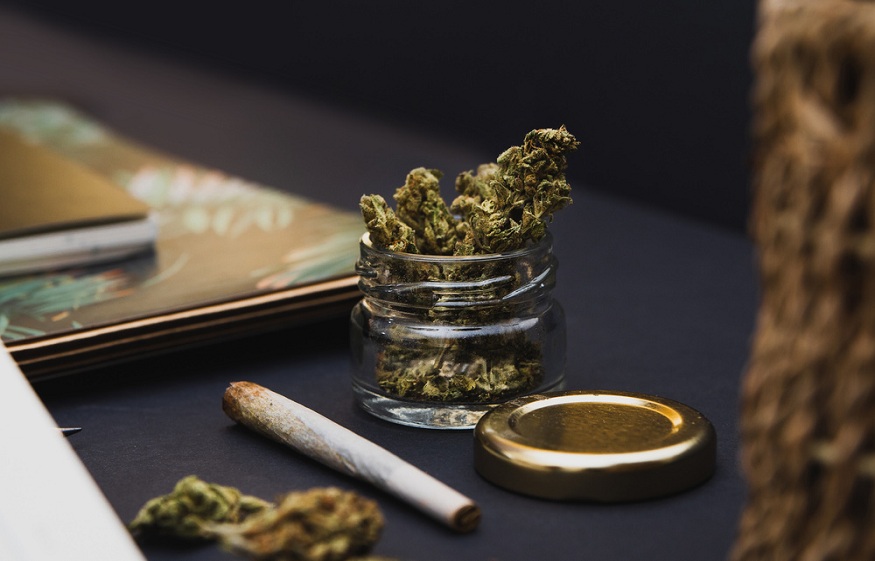Cannabis legalization is far from being a settled issue here in the U.S. Not only is cannabis still illegal at the federal level, but there also isn’t even consensus among the states or within the industry itself. And things are not likely to change anytime soon.
Unfortunately for both consumers and those who make the cannabis industry run, the lack of consensus can cause unpleasant problems. Take selling on Amazon, for example. Despite political support for cannabis legalization, Amazon still does not allow the sale of certain drug-related items and paraphernalia on its site.
According to a recent piece published by the High Times, Amazon’s drug paraphernalia policy can have a seriously negative impact on sellers. The piece highlighted the frustrating experience of one such seller who, after many years on the platform, found his listings dropped. What does he sell? An herb grinder.
Thousands for Sale
The Amazon seller in question sells a grinder that cannabis users would employ to grind plant material for smoking or adding to edibles. As it turns out, Amazon employs computer algorithms that scan product listings in search of those that violate its policies. Any such listings are immediately dropped.
In the case of this particular seller, something about his product descriptions caused Amazon algorithms to flag his products as drug paraphernalia. And yet thousands of grinders are sold on the site. How can that be?
Creative sellers have learned to stay away from certain words. If you want to sell a grinder on Amazon, you call it a spice grinder. Call it an herb grinder and you could find yourself being dropped – especially if your product description contains other words Amazon’s algorithm associates with drug paraphernalia.
A Jekyll and Hyde Approach
To Amazon sellers, the company’s Jekyll and Hyde approach is maddening. On the one hand, Amazon positions itself as a champion for cannabis rights. They were among the first corporations in America to publicly say they would no longer be testing for marijuana. They have also said publicly that they will support legalization legislation.
Even so, Amazon still has strict rules in place against selling products that might help the consumer use marijuana. Not only does it not make sense, but it also raises the very obvious question of why. Is Amazon simply trying to shield itself from liability? Are they trying to protect themselves against federal action?
If not allowing sellers to list grinders is a means of protecting against liability or DOJ interference, the next obvious question is one of how much Amazon truly believes in marijuana legalization. Perhaps they believe in it enough to make policy statements but not enough to risk their business.
They Do What They Have to Do
None of this is to say that Amazon is wrong in its approach to drug paraphernalia. Nor is it necessarily wrong in promoting cannabis legalization. Like any other company, Amazon does what it needs to do to fulfill its main purpose. In that sense, they are no different than the Pure Utah medical cannabis pharmacy in Payson, UT.
As the owners of Pure Utah can attest, being in the cannabis industry is not easy. So much of what operators do involves walking a thin line. Of course, that thin line will evaporate if Washington ever decriminalizes marijuana completely. Until then, one man’s herb grinder will be another’s spice grinder. You play the game any way you need to so you can win.
Such is life in the cannabis world. If you operate a cannabis business, you know all too well that things could change for you overnight.




